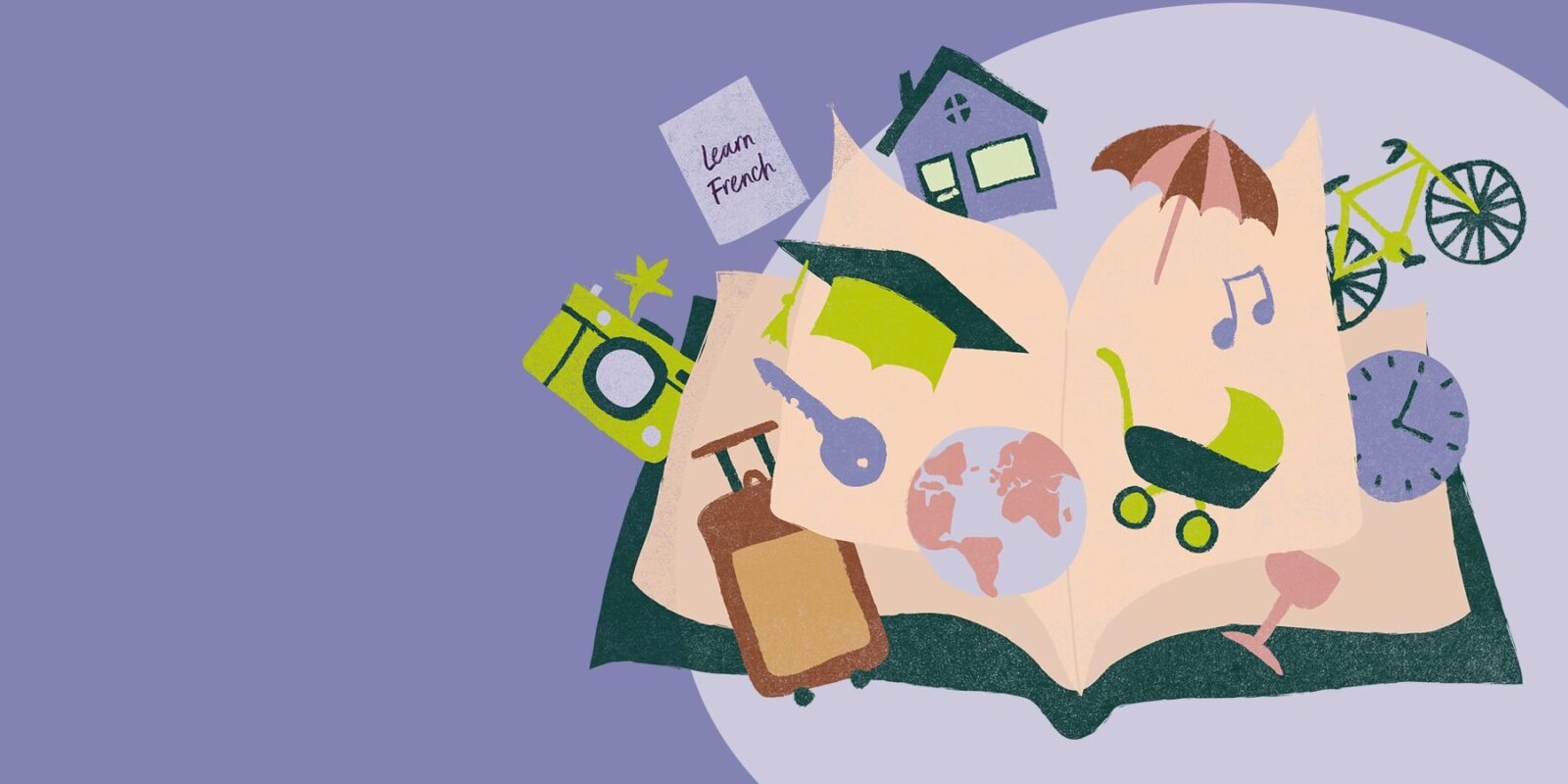Have you ever noticed how some of life’s most memorable moments cost very little? A sunset stroll along the beach, an unexpected laugh with a mate, or the simple pleasure of a perfect flat white in the morning.
Research in behavioural economics consistently shows that experiences tend to bring more lasting happiness than material possessions. Yet when planning for the future, we often focus disproportionately on accumulating things rather than creating opportunities for meaningful experiences.
This disconnect between what genuinely makes us happy and how we allocate our resources isn’t just interesting – it’s potentially transformative for your financial planning approach.
Consider this: studies show that anticipation of an experience creates happiness well before the event itself. That weekend trip to Cornwall you’re planning? You’re already reaping the rewards through anticipation. And long after the memories of a new car purchase fade, the stories from that family reunion continue to bring joy when shared.
Fascinatingly, research from Cornell University found that we adapt to material purchases quickly – a phenomenon psychologists call “hedonic adaptation.” That new watch or mobile phone delivers a burst of happiness that typically fades within weeks as it becomes part of our everyday baseline. Professor Thomas Gilovich explains: “Things like a new material purchase make us happy initially, but very quickly we adapt to it, and it doesn’t bring us all that much joy.”
Experiences, however, are different. They’re less subject to adaptation and social comparison. When you go on holiday, it’s your personal connection to the destination that makes it uniquely yours. Even if someone else had what sounds like a “better” experience, it doesn’t diminish your own memories in the same way as someone having a bigger TV might. As Gilovich puts it, “Your experiences are inherently less comparative… they’re less undermined by invidious social comparisons.”
Even more compelling is the “experience recommendation effect” documented by researchers at the University of California. When we recommend experiences to others, we strengthen our own social connections and derive additional happiness from the shared knowledge. This creates a virtuous cycle where experiences not only bring immediate joy but continue to yield dividends through storytelling and connection – something many of us can relate to when sharing holiday stories or restaurant tips with friends over dinner.
Is there someone who comes to mind who might benefit from our approach to financial planning? Referring them to us could boost both your happiness levels!
What might this mean for your financial planning? Perhaps it suggests building in deliberate space for experiences – not just as rewards after reaching financial milestones, but as essential components of a well-lived life.
At Emery Little, we believe financial planning should ultimately help you create the life you want to live, filled with the experiences that bring you genuine joy and meaning.
What experience are you looking forward to? It might be worth more than you think.




